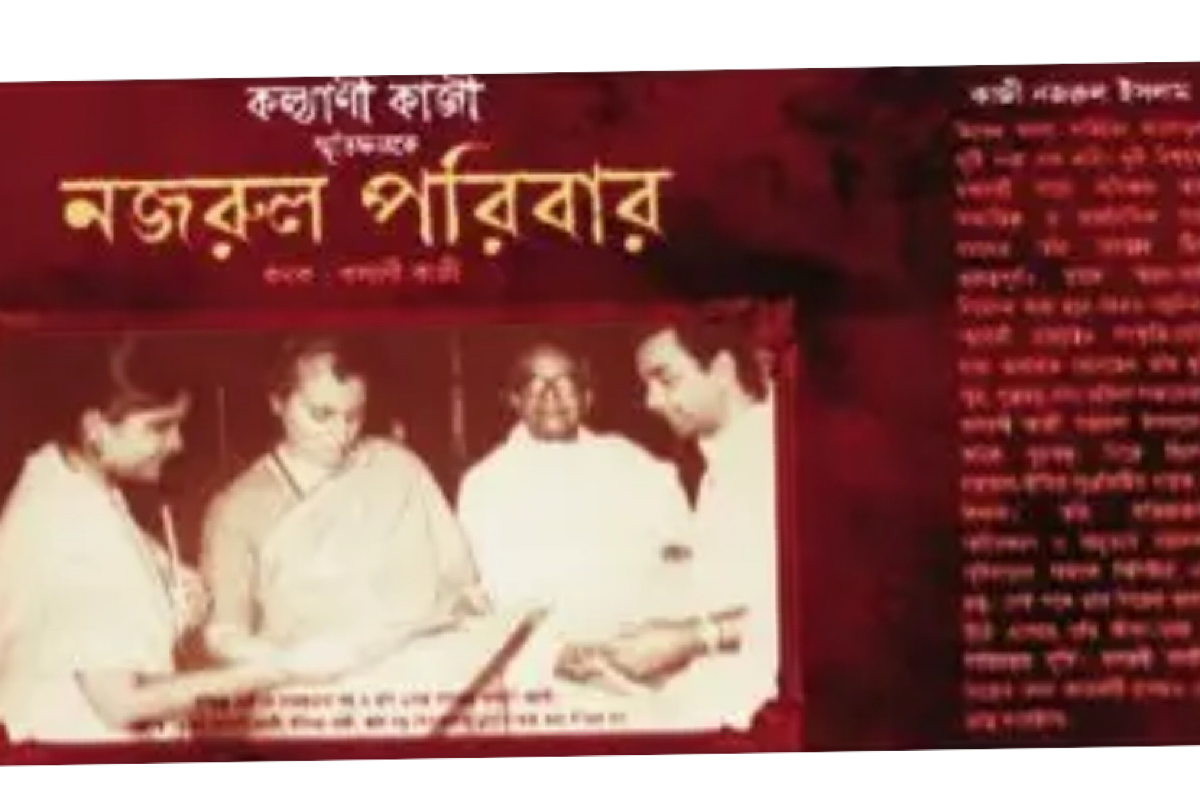KNU VC offers to resign amidst student agitation
Though he has not tendered any written resignation letter to anybody till today.
The University’s Nazrul Research Centre also has gathered huge carbon discs of 78 rpm from multiple record labels bearing Nazrul Geeti numbers.

Poet’s gramophone, discs played at Asansol fair
The Kazi Nazrul University (KNU) recently has purchased a 1921-made gramophone (duophone, London) once used by rebel poet Kazi Nazrul Islam from Amit Guha, a record collector and gramophone restorer. The University’s Nazrul Research Centre also has gathered huge carbon discs of 78 rpm from multiple record labels bearing Nazrul Geeti numbers.
At the Asansol Utsav, the KNU has been accommodated in a separate pavilion, where research books on Kazi Nazrul have been brought for display. Playing old gramophones in the pavilion has become significant this year in the wake of recent controversy over Kazi Nazrul’s revolutionary song of Karar oi Louho Kopat that has been used in Bollywood web film Pippa with a different notation not prescribed by the poet.
Advertisement
Dr Gourab Chowdhury of Nazrul Research Centre, said, “Such old machines still exist and remain as a source of curiosity. The visitors will be able to listen to Kazi’s own voice in our pavilion tomorrow.” The original 1949 gramophone disc of ‘Karar oi Louho Kopat’ recorded by Nazrul’s disciple Girin Chakraborty, currently is in Burdwan town, in possession of Chakraborty’s daughter Jhuma Chatterjee.
Advertisement
Also, the pavilion displays cover page of ‘Nazrul Paribar’, a biography based book on Kazi Nazrul’s descendants that was narrated by Kalyani Kazi, poet’s daughter-in-law, who died in last February in Kolkata due to over age and is edited by Professor Sumita Chakraborty of ‘Nazrul Centre for Social and Cultural Studies’ of KNU. The book, as stated by Dr Somnath Mukherjee, deputy director of the centre: “Is very likely to be published in the Kolkata Book Fair, 2024. It’ll also accommodate ten unpublished write-ups of Kalyani Kazi.
Advertisement